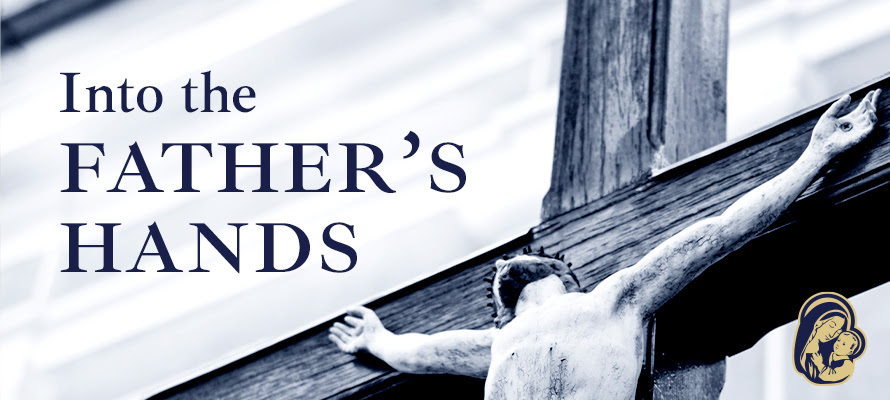The history of the Church bears witness to a form of prayer that goes beyond individual devotions, recognizing the spiritual importance of public liturgical rites.
Vatican II emphasized the importance of the divine liturgy for the life of Christians, who find there mediated by the liturgy the objective fact that Jesus Christ is not an idea or a sentiment, but a living Person, and his Mystery a historical event. Thus Pope Francis notes:
The prayer of Christians passes through tangible mediations: Sacred Scripture, the Sacraments, liturgical rites, the community. In Christian life, the corporeal and material sphere cannot be disregarded, because in Jesus Christ it became the way of salvation. We could say that we should pray with the body too: the body enters into prayer.
The liturgy is foundational to the whole Christian experience, as it is an event, a happening, a presence, an encounter. It is an encounter with Christ, who makes himself present through sacramental signs: hence the need for participation in the divine mysteries. A Christianity without sacred liturgy is like a Christianity without the Total Christ. In the rituals, Christ is truly present and gives himself to his faithful, as the Catechism affirms:
“In the sacramental liturgy of the Church, the mission of Christ and of the Holy Spirit proclaims, makes present, and communicates the mystery of salvation, which is continued in the heart that prays” (Catechism 2655).
As the Catechism notes, liturgy is then internalized, assimilated, and continued in prayer, as one’s prayer makes the sacramental presence of Jesus one’s own. Thus we are not mere spectators to something external. The Mass, for example, is celebrated by all who experience it. All, not only the priest who presides, join in the action at which Christ is the center. Pope Francis explains:
Every time we celebrate a Baptism, or consecrate the bread and wine in the Eucharist, or anoint the body of a sick person with Holy Oil, Christ is here! It is he who acts and is present just as he was when he healed the weak limbs of a sick person, or when he delivered his testament for the salvation of the world at the Last Supper.
St. Paul writes in the Letter to the Romans: “I appeal to you therefore, brethren, by the mercies of God, to present your bodies as a living sacrifice, holy and acceptable to God, which is your spiritual worship” (12:1). Our very lives are called to become worship to God, but this cannot happen without prayer, especially liturgical prayer. May this thought help us when we go to Mass: I go to pray in the community, I go to pray with Christ who is present. This is not a figure of speech: Christ is present.
You are invited to read and meditate on Acts 2:42-47, The Fellowship of the Believers who gathered for the apostles’ teaching, the breaking of bread and prayer.
The Second Vatican Council stressed the importance of the liturgy, together with personal prayer, for the spiritual life of Christians. Our personal prayer is meant to interiorize and draw enrichment from the spiritual treasures of the Church’s liturgical prayer. Because the liturgy is the source and summit of our Christian prayer, all of us are called to take an active part in this great act of worship, by offering our own lives in union with Christ as a holy and pleasing sacrifice to the Father.
